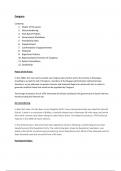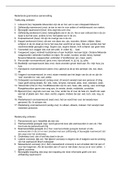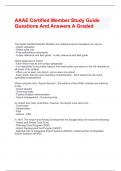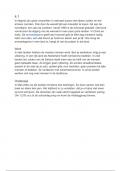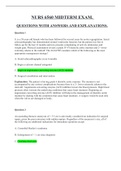Summary
Summary USA Case Studies and Examples - Everything you need to excel
- Institution
- AQA
This document contains 36 pages of examples and mini case studies that cover the entire Paper 2 US syllabus (aside from the UK content). The use of examples is compulsory in all essay questions to succeed at A level Government and Politics, and examples can and should be used as the backbone, both ...
[Show more]
